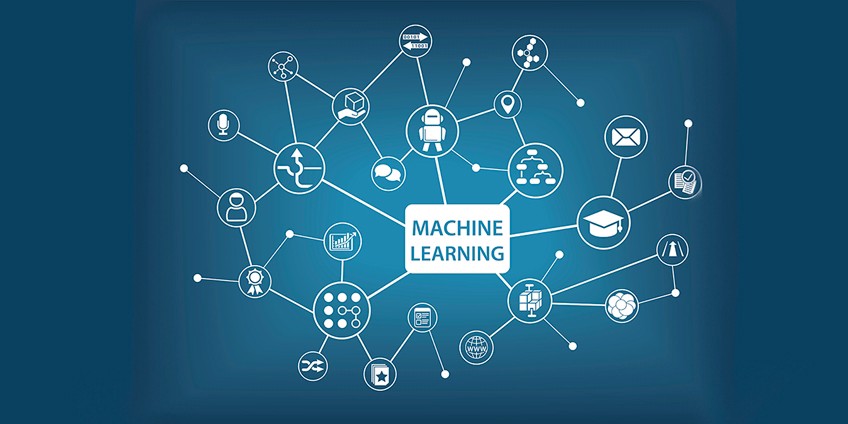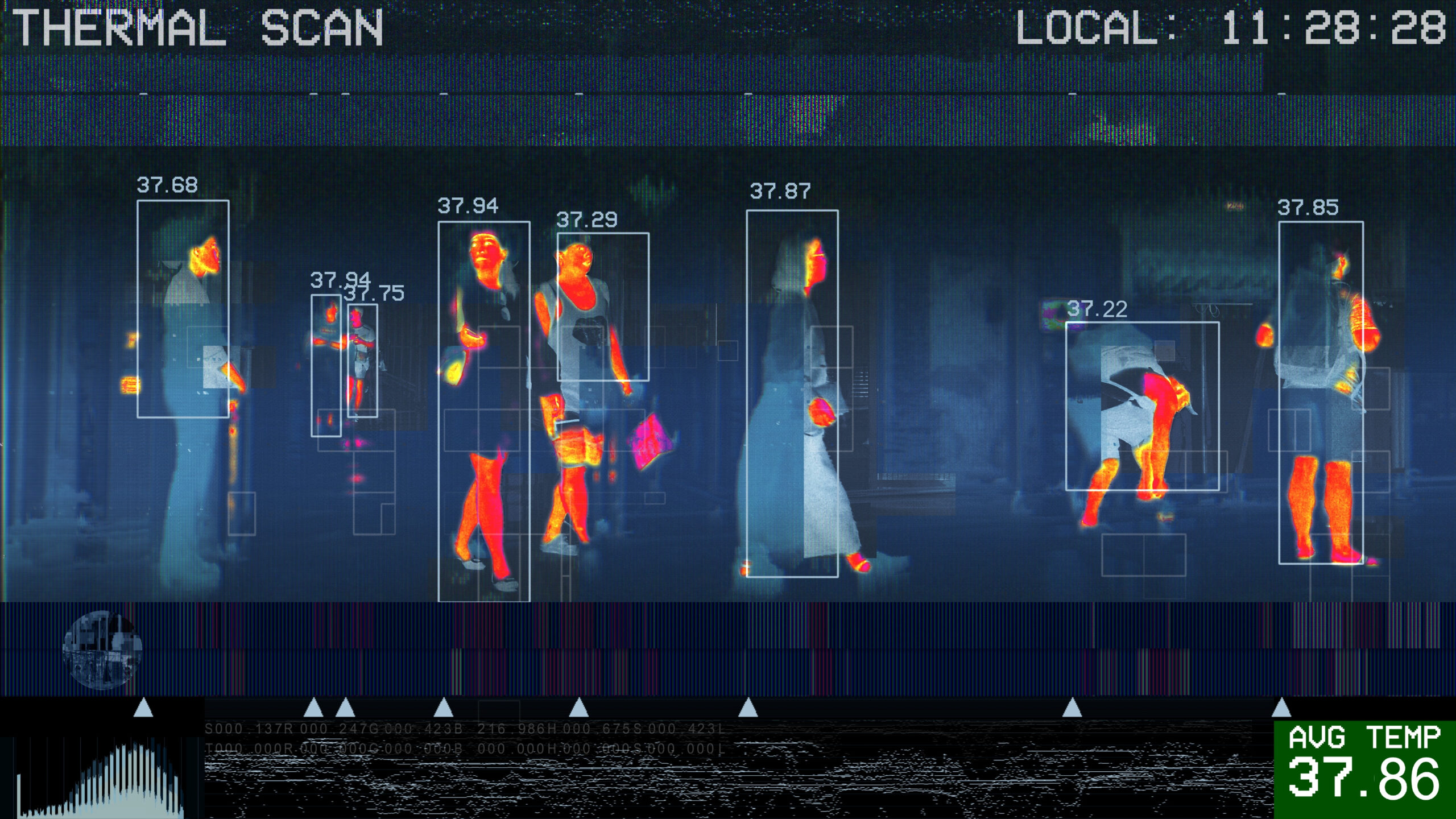Showing results for appi2020 2011va 2011va api documentation appi2020 2011va

Five Top of Mind Data Protection Recommendations for Brain-Computer Interfaces
By Jeremy Greenberg, [email protected] and Katelyn Ringrose [email protected]. Key FPF-curated background resources – policy & regulatory documents, academic papers, and technical analyses regarding brain-computer interfaces are available here. Recently, Elon Musk livestreamed an update for Neuralink—his startup centered around creating brain-computer interfaces (BCIs). BCIs are an umbrella term for devices that detect, amplify, and translate […]

FPF Presents Expert Analysis to Washington State Lawmakers as Multiple States Weigh COVID-19 Privacy and Contact Tracing Legislation
[…] a factor that undermines the likelihood of over-policed and undocumented individuals to participate in contact tracing, and is also one of the reasons why the Google-Apple Exposure Notification API is only available for decentralized apps. Below, we discuss FPF’s participation in a July 28th COVID-19 Public Work Session hosted by the Washington State Senate Committee […]

California SB 980 Would Codify Many of FPF’s Best Practices for Consumer Genetic Testing Services, but Key Differences Remain
Authors: John Verdi (Vice President of Policy) and Katelyn Ringrose (Christopher Wolf Diversity Law Fellow) In July 2018, the Future of Privacy Forum released Privacy Best Practices for Consumer Genetic Testing Services. FPF developed the Best Practices following consultation with technical experts, regulators, leading consumer genetic and personal genomic testing companies, and civil society. The […]

Strong Data Encryption Protects Everyone: FPF Infographic Details Encryption Benefits for Individuals, Enterprises, and Government Officials
Today, the Future of Privacy Forum released a new tool: the interactive visual guide “Strong Data Encryption Protects Everyone.” The infographic illustrates how strong encryption protects individuals, enterprises, and the government. FPF’s guide also highlights key risks that arise when encryption safeguards are undermined – risks that can expose sensitive health and financial records, undermine the […]

FPF Webinar Explores the Future of Privacy-Preserving Machine Learning
[…] scale study on insufficient machine learning model protection in mobile apps Papers recommended by our speakers: “Adversarial examples are not easily detected: Bypassing ten detection methods” “Stealing Machine Learning Models vis Prediction APIs” “Designing for trust with machine learning” “Differential privacy: A primer for a non-technical audience” Related FPF materials: Digital Data Flows Masterclass

Commoditization of Data is the Problem, Not the Solution – Why Placing a Price Tag on Personal Information May Harm Rather Than Protect Consumer Privacy
This guest post is by Lokke Moerel, a Professor of Global ICT Law at Tilburg University and Senior of Counsel at Morrison & Foerster in Berlin, and Christine Lyon, partner at Morrison & Foerster in Palo Alto, California. To learn more about FPF in Europe, please visit https://fpf.org/eu. By Lokke Moerel and Christine Lyon[1] Friend and […]

Supreme Court Rules that LGBTQ Employees Deserve Workplace Protections–More Progress is Needed to Combat Unfairness and Disparity
Authors: Katelyn Ringrose (Christopher Wolf Diversity Law Fellow) and Dr. Sara Jordan (Policy Counsel, Artificial Intelligence and Ethics) Today’s Supreme Court ruling in Bostock v. Clayton County—clarifying that Title VII of the Civil Rights Act bans employment discrimination on the basis of sexual orientation and gender identity—is a major victory in the fight for LGBTQ […]

TEN QUESTIONS ON AI RISK
Artificial intelligence and machine learning (AI/ML) generate significant value when used responsibly – and are the subject of growing investment for exactly these reasons. But AI/ML can also amplify organizations’ exposure to potential vulnerabilities, ranging from fairness and security issues to regulatory fines and reputational harm.

Thermal Imaging as Pandemic Exit Strategy: Limitations, Use Cases and Privacy Implications
Authors: Hannah Schaller, Gabriela Zanfir-Fortuna, and Rachele Hendricks-Sturrup Around the world, governments, companies, and other entities are either using or planning to rely on thermal imaging as an integral part of their strategy to reopen economies. The announced purpose of using this technology is to detect potential cases of COVID-19 and filter out individuals in […]

Bipartisan Privacy Bill Would Govern Exposure Notification Services
[…] of the bill’s requirements are consistent with the requirements for COVID-19 apps set by the App Store and Google Play. As a result, app developers using the API created by Google and Apple should already be substantially in compliance. These obligations include: App operators would be required to “collaborate with” a public health authority. […]
